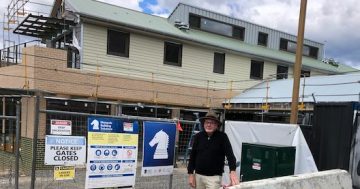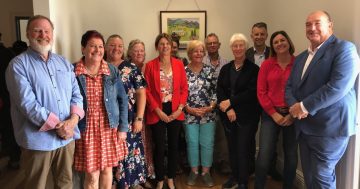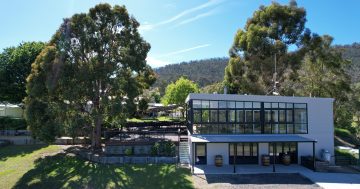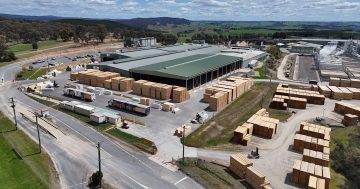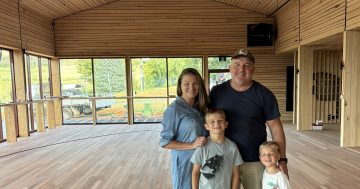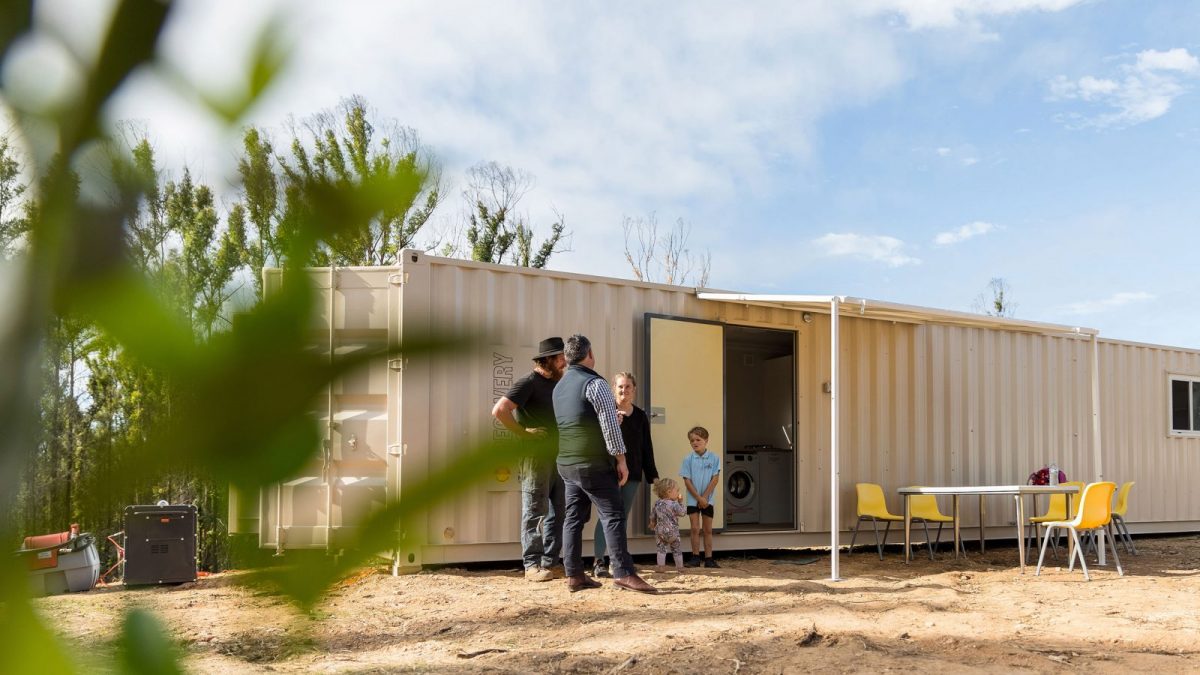
More than 250 Recovery Pods have given families across NSW and South Australia a place to live as they rebuild following the Black Summer bushfires. Photo: The Minderoo Foundation.
Families displaced by the Black Summer bushfires will still have a base to recover after Snowy Monaro councillors unanimously voted to keep their temporary homes in place.
The Minderoo Foundation and Resilience NSW sent six Recovery Pods to the area to house locals who lost their homes in the 2019/20 fires.
A council spokesperson said five of the six local recipients of the temporary housing pods aren’t expected to have rebuilding completed on their homes by the program’s original expiry date of September 2022.
“At the request of the NSW state government, council has voted to allow these locals who lost everything during the fires to retain their recovery pods beyond the original program end date,” they said.
“This will allow these residents to have somewhere to live as they continue the long and difficult process of rebuilding their homes.”
A draft Local Approval Policy will extend the two-year exemption allowing these people to stay in a “moveable dwelling” on private land without approval for another two years. However recipients will be required to provide evidence of their rebuilding progress at the 12-month mark.
The council cited COVID-19 restrictions, limited supplier and contractor availability and “subsequent disaster events” as reasons for rebuild delays.
“This recovery pod program has proven vital to the wellbeing of residents hardest hit by one of our nation’s worst disasters,” the spokesperson said.
“As it is provided and funded by the NSW state government, extending the program as requested will pose no cost to council.”
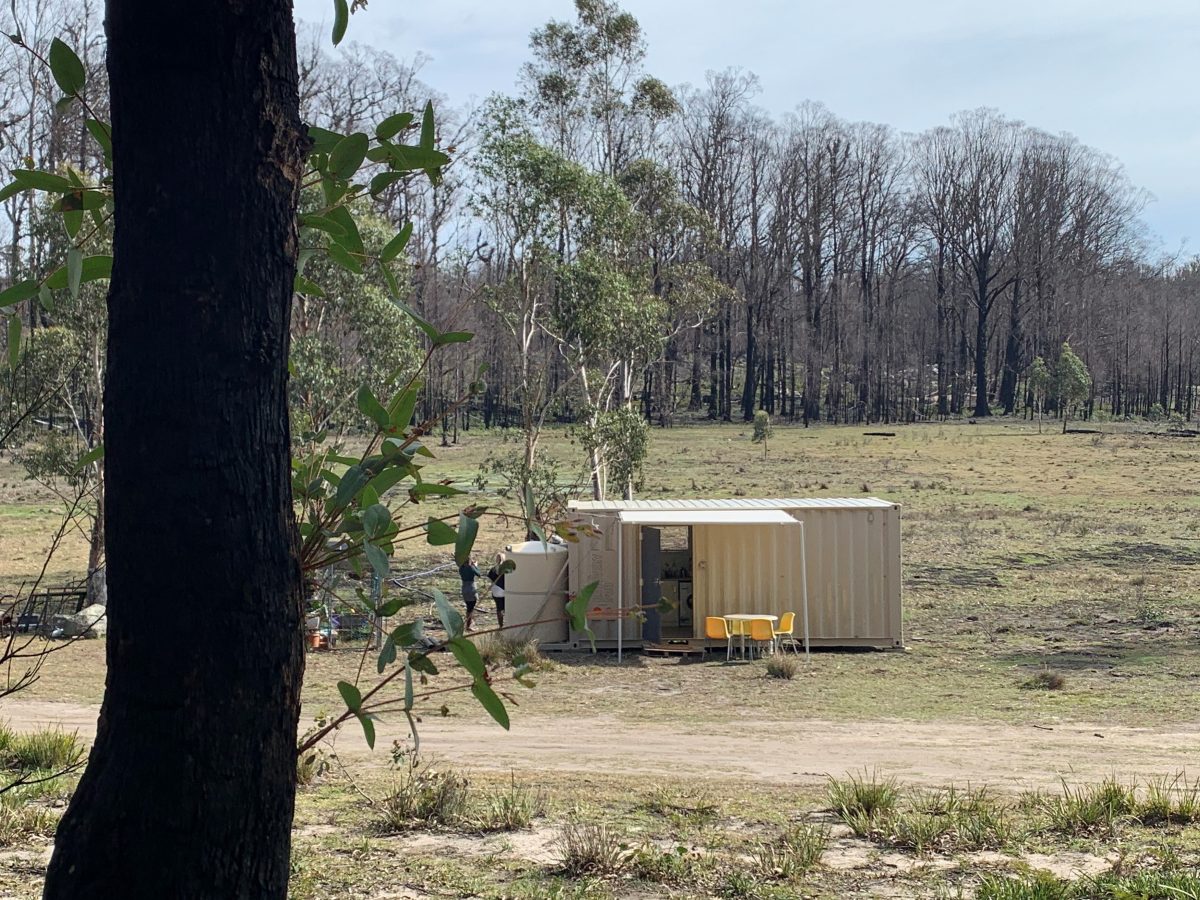
One of six Recovery Pods being used in the Snowy Monaro region. Photo: Snowy Monaro Regional Council.
A Resilience NSW spokesperson said it would liaise with all pod recipients, the Minderoo Foundation and council staff regarding individual lease arrangements for the temporary housing.
“Aside from building supply issues and other impact of COVID-19 interruptions, the decision to rebuild is personal. We acknowledge that each individual, family and community will do what is right for them and their own circumstances,” they said.
“Throughout the recovery we have focused on the delivery of targeted support for people who had their properties damaged or destroyed.
“Every person affected by disaster will have their own unique set of experiences and needs and will progress through their recovery at their own pace.”
According to the Minderoo Foundation’s website, the Recovery Pods were developed as part of its Fire Fund initiative as a “practical base camp” for work and temporary accommodation.
“The design was based on feedback from impacted people in rural and remote locations who needed to stay on their properties while they rebuilt their rural infrastructure and their homes,” the website said.
Both 20-foot and 40-foot self-contained pods were built.
The smaller pods, designed for more short-term use, were equipped with a 2300-litre water tank and 5 KVA generator. Inside they have a toilet, shower, two bunk beds and a small, open kitchen with a two-burner stove.
The larger pods came with a 2100-litre water tank and 5 KVA generator, along with a toilet, shower, small open kitchen with a two-burner stove, a 230-litre fridge and a washing machine. A double bed in a separate room and two sets of bunk beds allowed these pods to sleep six people, with two tables and six chairs also provided.
The draft Local Approval Policy to extend the two-year exemption will be on public exhibition until 3 July with the community encouraged to have its say.







